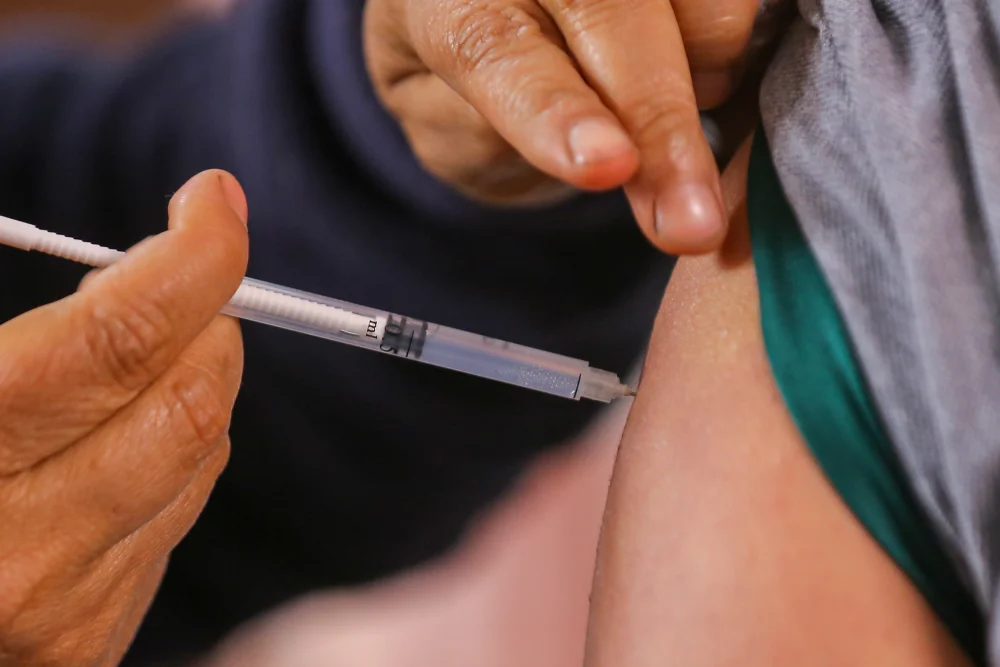
As cervical cancer rates among women in their 30s and 40s have been gradually rising, the proportion of women who were screened for the disease decreased, particularly in rural areas.
Cervical cancer is one of the most preventable cancers, although recent research suggests that the United States is backsliding in efforts to detect the disease early, when it is most curable.
A new study shows that the percentage of women screened for cervical cancer fell from 47% in 2019 to 41% in 2023.
According to the study, which was published this month in JAMA Network Open, women in rural areas have a 25% higher chance of receiving a cervical cancer diagnosis and a 42% higher risk of dying from the disease than women in urban areas. This tendency is probably due to lower screening rates in less populated areas.
The human papillomavirus, or HPV, is nearly always the cause of cervical cancer, which affects 13,000 women in the United States each year. The American Cancer Society estimates that 4,320 people die from cancer per year.
Perhaps because women between the ages of 21 and 29 are the least likely to have their tests up to date (29% overdue), the rates of cervical cancer have been gradually increasing among women in their 30s and early 40s.
Before turning into cancer, cervical cancer develops over a number of years, starting as precancers and aberrant cell alterations. According to studies, women who identify as gay, lesbian, or bisexual, are non-white, or are uninsured are also less likely to be examined.
90% of cervical cancers can be avoided with HPV vaccinations, which are safe. However, despite the vaccine’s approval nearly two decades ago, resistance to the vaccine—which guards against types of the virus that cause cancer—has remained. Robert F. Kennedy Jr., the health secretary, has criticized HPV vaccinations as harmful and connected them to mental illness and autoimmune diseases.
On March 10, a federal judge in North Carolina rejected lawsuits alleging that the HPV vaccine, marketed by Merck under the brand name Gardasil, could lead to specific health problems in recipients.
Due of Kennedy’s involvement in the case, another claim alleging major adverse effects from Gardasil has been placed on hold until September. Kennedy later stated that he would give his son any earnings, despite disclosing in an ethical statement that he was eligible to collect referral fees from one of the law firms suing Merck.
Many parents have refrained from vaccination their children due to vaccine skepticism. Just 61% of teenagers have received all recommended HPV vaccinations, which are administered in doses of two or three depending on age.
In the United States, over 42 million people have at least one strain of HPV that can cause diseases like genital warts or cancer, and 47,00 new cases of HPV-linked cancer are reported each year. However, studies have shown that people are less aware that HPV is connected to some malignancies, such as those of the throat, anal, and cervical regions.
We sought experts to help dispel the myths around HPV screening and vaccination because so many individuals are at risk.



